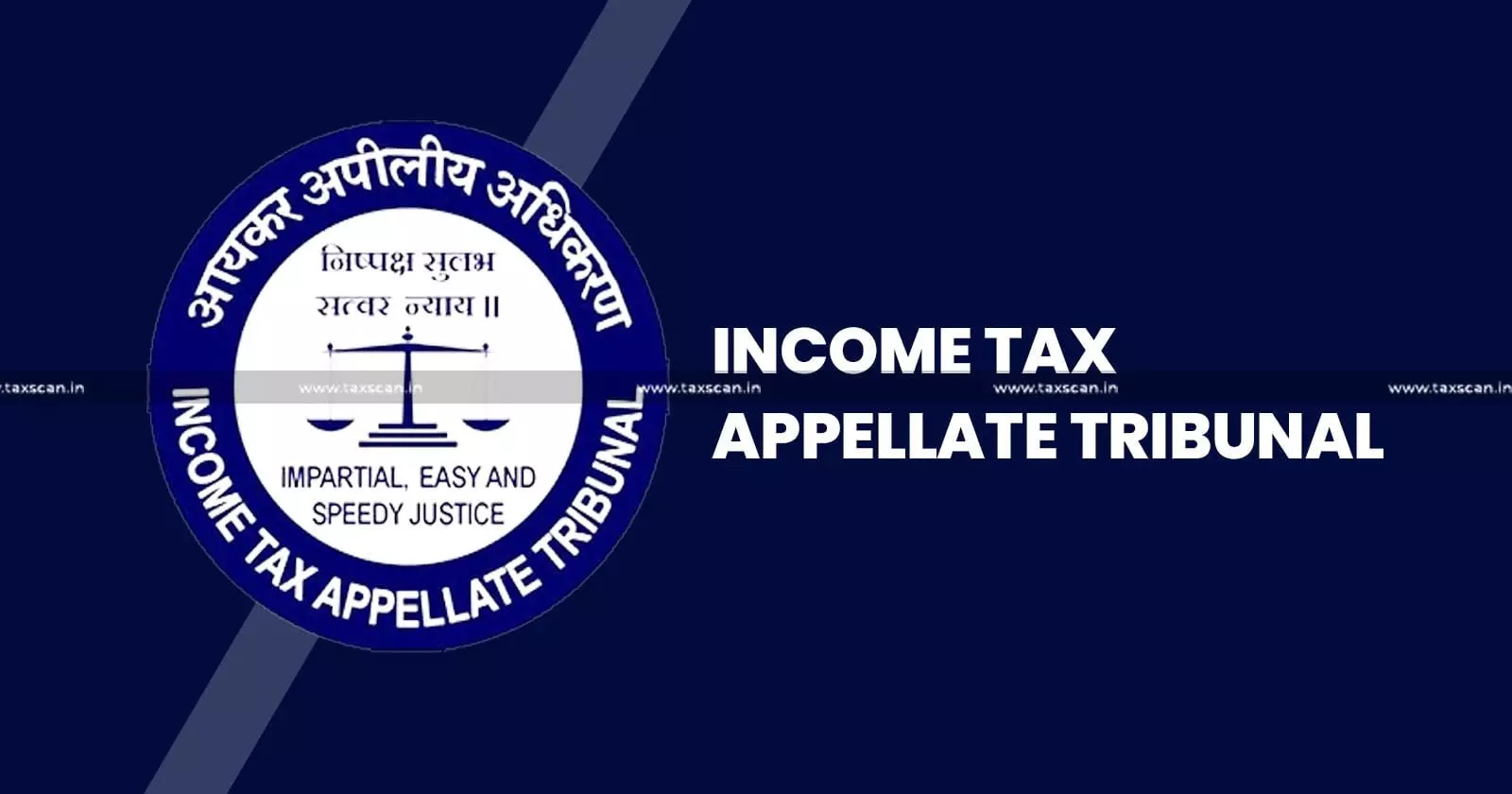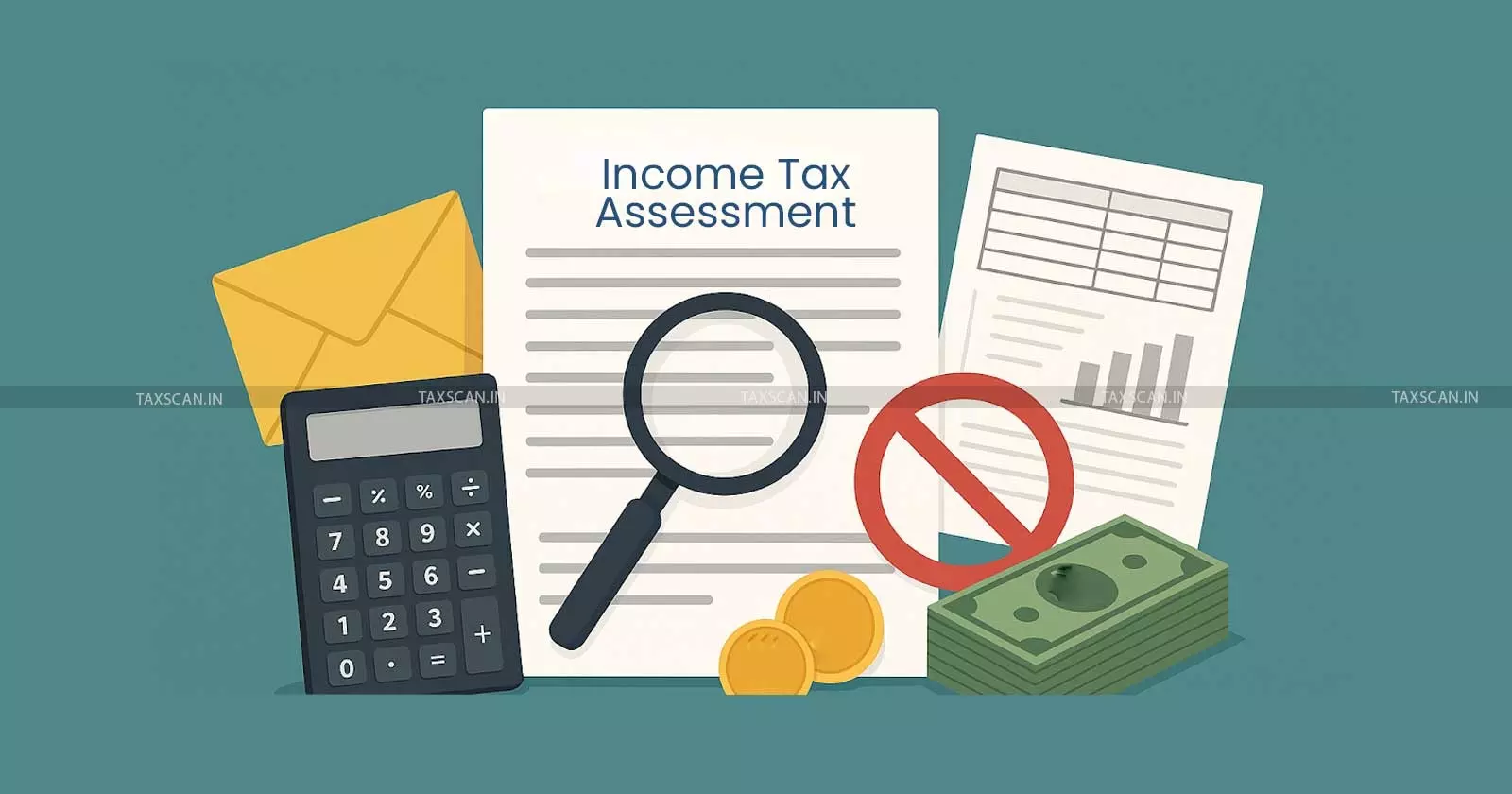Mechanical Approval u/s. 153D Ispo Facto Invalidates Search Assessments: ITAT Grants Relief to Tavleen Resorts [Read Order]
The Tribunal relied upon the approval memo, granted by the Addl. CIT, which was found to be mechanical and consolidated across multiple assessment years without factual scrutiny
![Mechanical Approval u/s. 153D Ispo Facto Invalidates Search Assessments: ITAT Grants Relief to Tavleen Resorts [Read Order] Mechanical Approval u/s. 153D Ispo Facto Invalidates Search Assessments: ITAT Grants Relief to Tavleen Resorts [Read Order]](https://images.taxscan.in/h-upload/2025/10/21/2098875-tavleen-resorts-itat-grants-itat-delhi-taxscan.webp)
The Bench of the Income Tax Appellate Tribunal, Delhi, has held that assessments framed under Section 153A of the Income Tax Act, 1961, based on mechanical approval under Section 153D, are invalid in law. The Tribunal found that the Additional Commissioner of Income Tax (Addl. CIT) had accorded omnibus and perfunctory approval to multiple draft assessment orders without application of mind, thereby vitiating the assessments.
Tavleen Resorts & Spa Pvt. Ltd., the appellant company is engaged in developing a resort-cum-hotel at Shimla, was subjected to a search and seizure operation under Section 132 on November 19, 2018. Consequent to the search, the Assessing Officer (AO) issued notices under Section 153A for Assessment Years (A.Y.) 2014-15 to 2019-20. The AO framed assessments under Section 143(3) read with Section 153A of the Income Tax Act, making various additions and disallowances across assessment years.
Aggrieved by the orders, Tavleen Resorts & Spa Pvt. Ltd. filed appeals before the Commissioner of Income Tax (Appeals) [CIT(A)], Gurgaon, challenging the validity of additions and the jurisdiction of the AO.
The appellant, represented by Ashwani Kumar, Aditya Kumar, Depali Agarwal, Ankur Agarwal, and Muskan Goel, contended that the additions made were unconnected to any incriminating material found during the search. It was argued that the assessments for the relevant years were concluded and unabated at the time of search, and therefore, any additions dehors incriminating material were unsustainable under Section 153A.
 Also Read:Mechanical and Composite Approval u/s 153D amounts to Non-Compliance: ITAT quashes Search Assessments u/s 153A [Read Order]
Also Read:Mechanical and Composite Approval u/s 153D amounts to Non-Compliance: ITAT quashes Search Assessments u/s 153A [Read Order]
It was further submitted that the approval was granted by the Addl. CIT under Section 153D was mechanical and without independent application of mind. TIt was demonstrated that the Addl. CIT had granted consolidated approval for six assessment years within a day, merely endorsing the AO’s assertions without verifying the seized material or the draft assessment orders. Additionally, the basis of additions under Section 69A also challenged, contending that alleged cash payments lacked factual or documentary support.
The Revenue, represented by Baljeet Kaur, argued that due process was followed and that the approvals under Section 153D were valid. It was submitted that once approval was accorded, a presumption of due application of mind should apply.
The Bench comprising of Pradip Kumar Kedia, Accountant Member and Vimal Kumar, Judicial Member observed that the approval granted by the Addl. CIT was a mere “ technical approval,” issued without any discussion or scrutiny of the material facts of each assessment year. The Tribunal held that Section 153D was enacted as a statutory safeguard to ensure supervisory oversight and to prevent arbitrary assessments in search cases.
The Bench cited several precedents, including ACIT v. Serajuddin & Co. (2023), and PCIT v. Shiv Kumar Nayyar (2024), reaffirming that mechanical approvals are fatal to the validity of assessments. The Tribunal did not consider it necessary to adjudicate on other grounds relating to jurisdiction under Section 153A or the merits of the additions.
 Also Read:Lack of Valid Approval under Section 153D: ITAT quashes Income Tax Assessment [Read Order]
Also Read:Lack of Valid Approval under Section 153D: ITAT quashes Income Tax Assessment [Read Order]
The Tribunal noted that the Addl. CIT’s approval memo itself revealed reliance solely on the AO’s assurances and lacked any indication of independent satisfaction. The combined approval for multiple complex assessments was held to be in violation of the legislative intent of Section 153D, rendering the resultant assessments invalid, ipso facto.
Accordingly, the ITAT quashed the assessments for A.Y.s 2014-15 to 2018-19, ruling that the approvals under Section 153D were non est in law.
Thus, the appeals of the assessee were allowed.
Support our journalism by subscribing to Taxscan premium. Follow us on Telegram for quick updates


